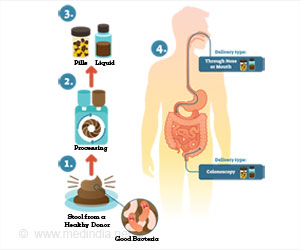A Tel Aviv University researcher in Israel is trying to identify specific genes that are associated with happiness.
A Tel Aviv University researcher in Israel is conducting studies to identify specific genes that are associated with happiness.
Prof. Yoram Barak of the university's Sackler School of Medicine has joined forces with researchers at the Chaim Sheba Medical Centre at Tel Hashomer, which is the largest hospital in Israel, for the purpose.He says that the studies on twins his team have conducted thus far suggest that genes may be 50 per cent responsible for an optimistic outlook.
And these initial research findings are the reason why Barak is so optimistic about his team's ability to succeed.
"If something is genetic, it should have a large concordance among twins. And the twin studies we are looking at show that 50 per cent of happiness is genetically determined," he says.
Barak admits that he and his colleagues are a long way off from being able to genetically engineer happiness, but he insists that they can start by thinking positively.
He says that much of his work is based on positive psychology, which is the "fastest and largest growing area of psychology in the United States - and in the world."
Advertisement
According to early results, the workshops have improved the happiness level of participants by as much as 30 per cent.
Advertisement
His research into the physical affects of mental state on patients with neurological diseases is an attempt to bridge the gap between psychology and clinical medicine.
He says that the psychological benefits of the program were accompanied by physical benefits as well.
"We were able to raise levels of happiness in these patients so they were just about equal to those of healthy subjects. If we can apply positive psychology, we can better their adherence to their treatment regime. And we have been able to show that there is a stabilization of the neurological disability as well," he says.
The research team's current findings have been detailed in the journal Expert Review of Neurotherapeutics.
Source-ANI
THK








